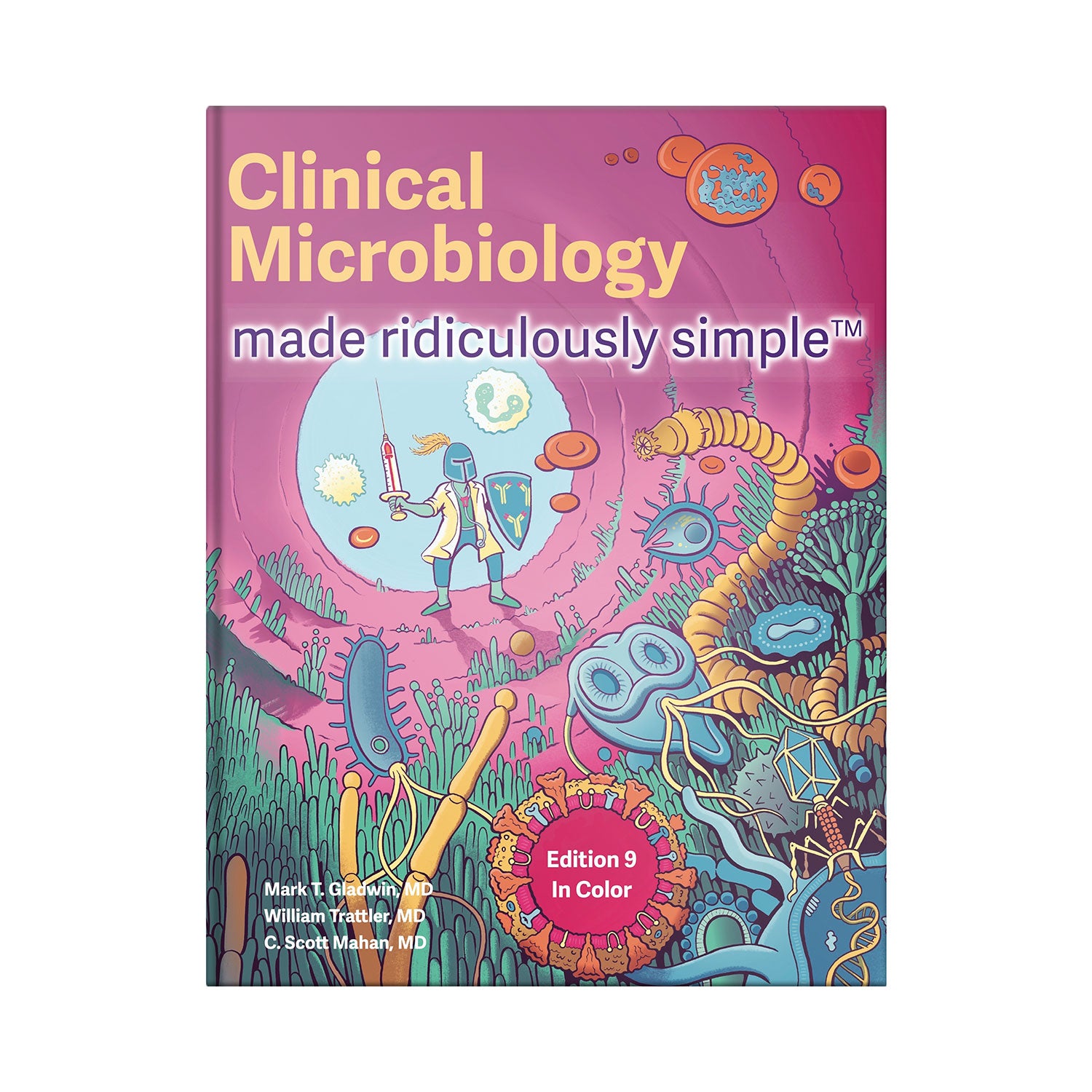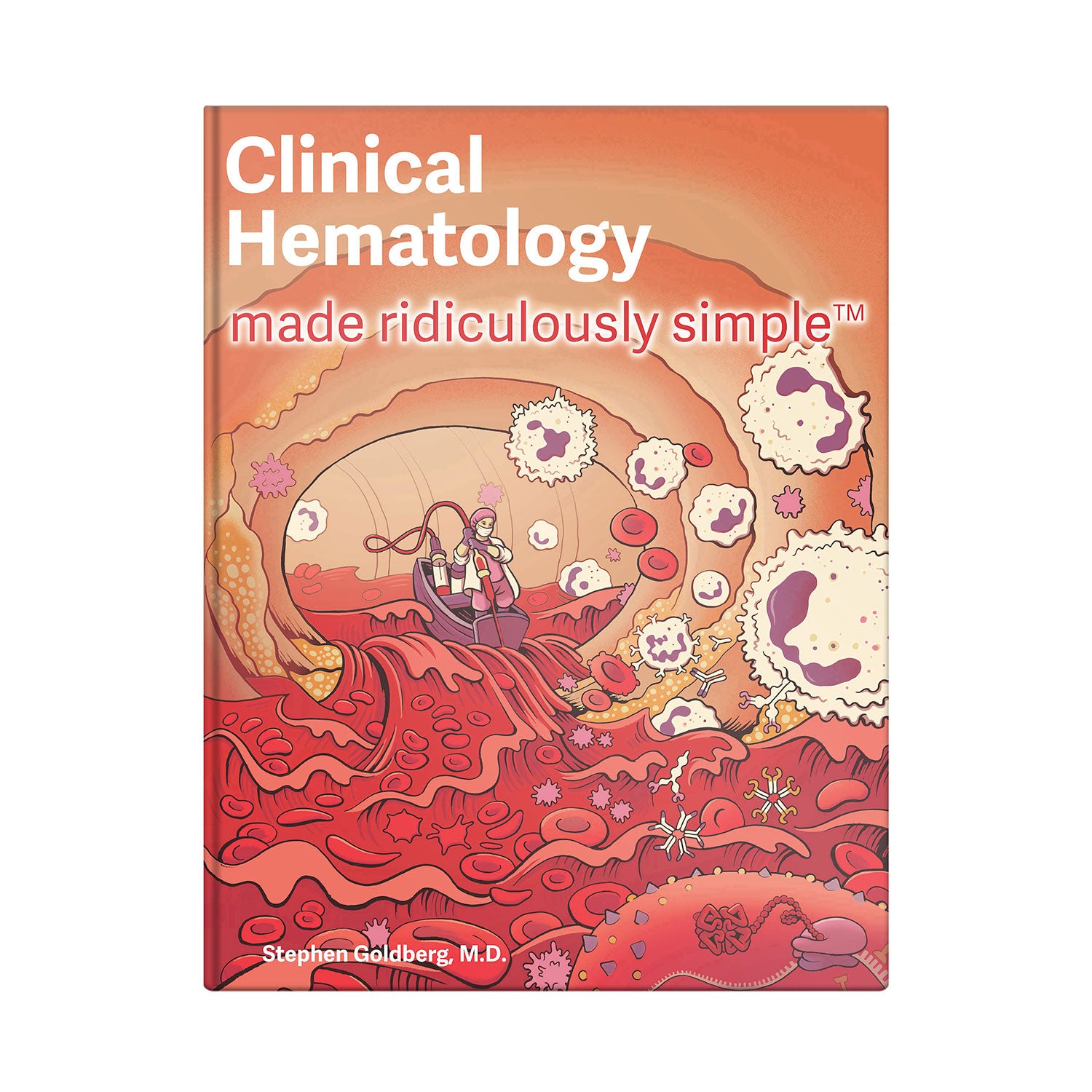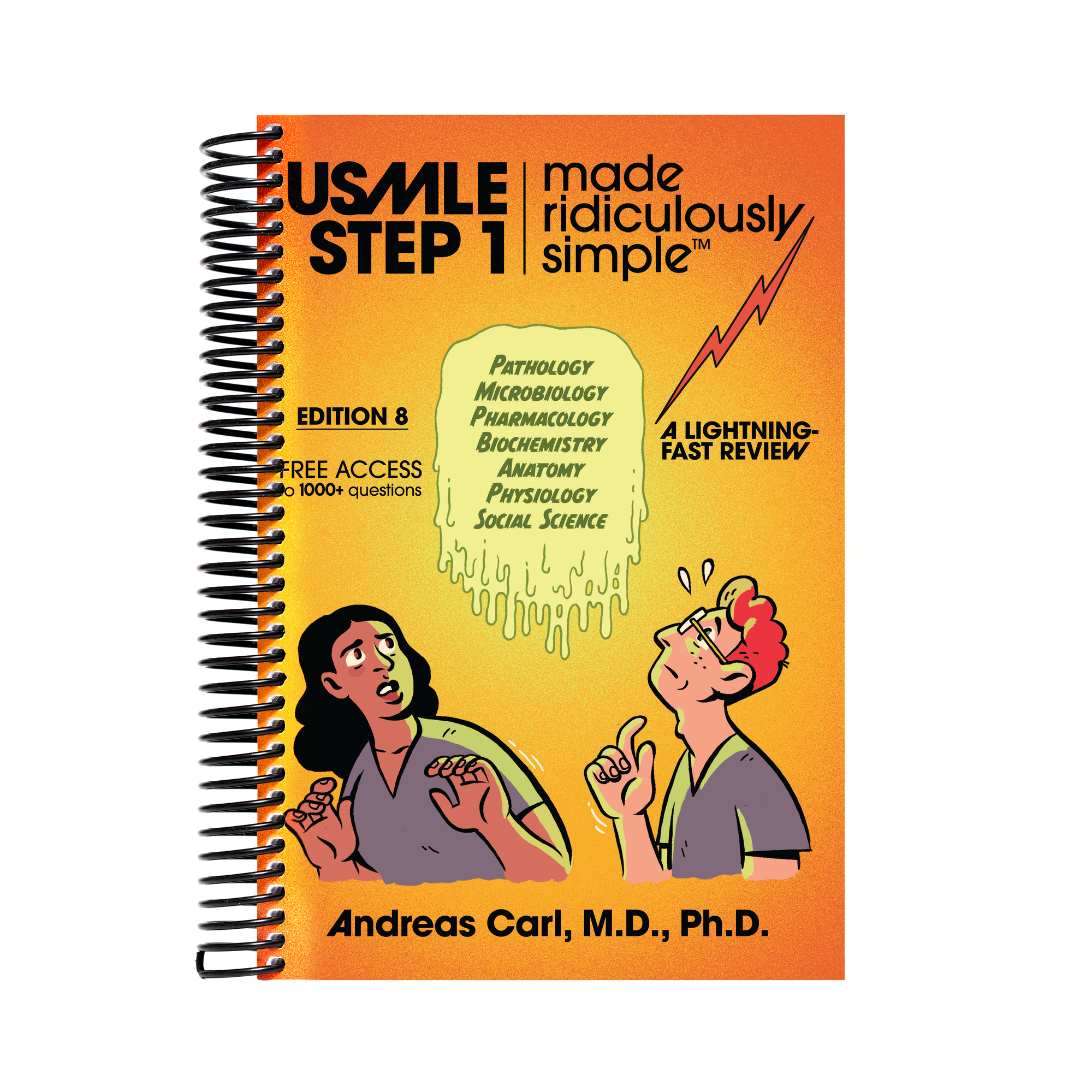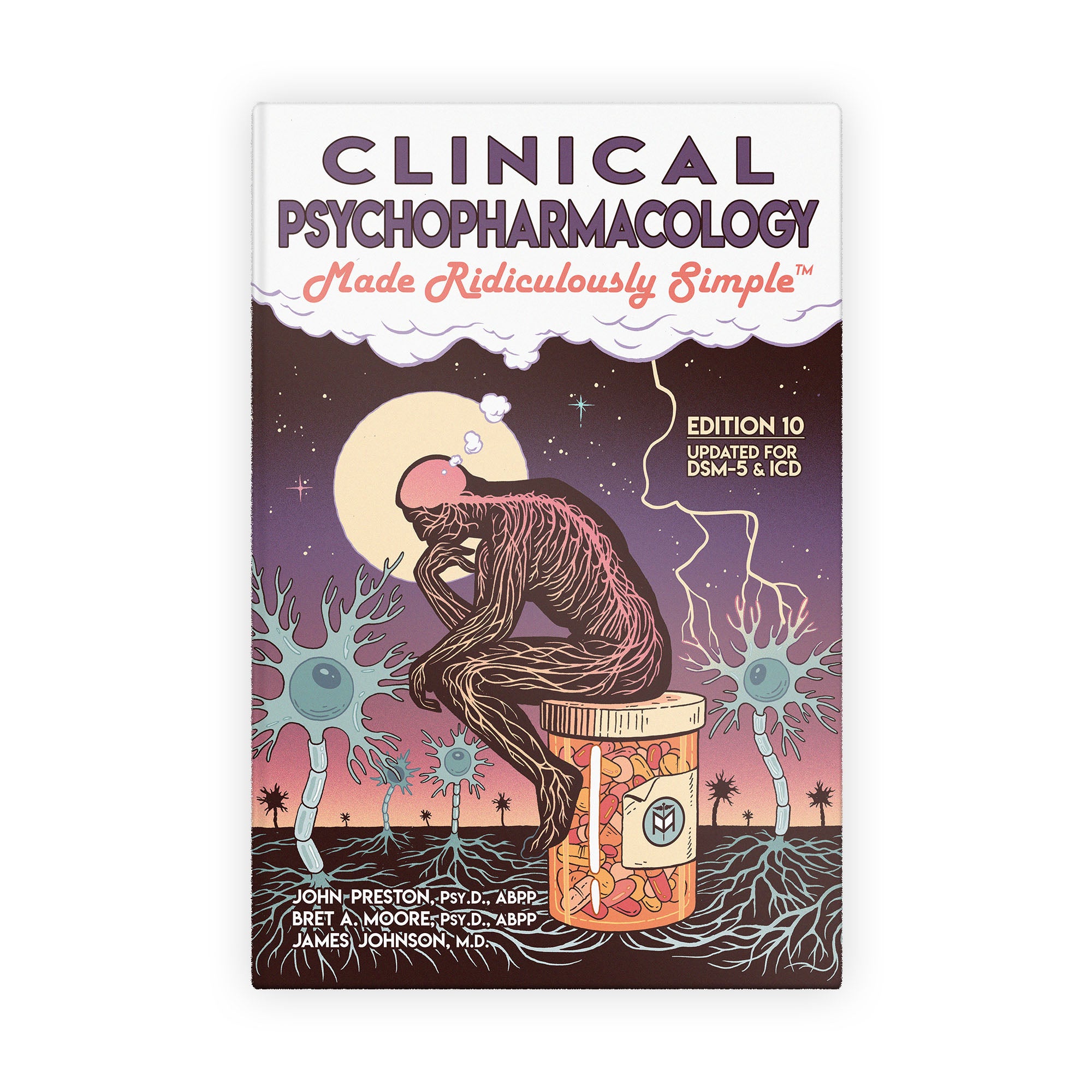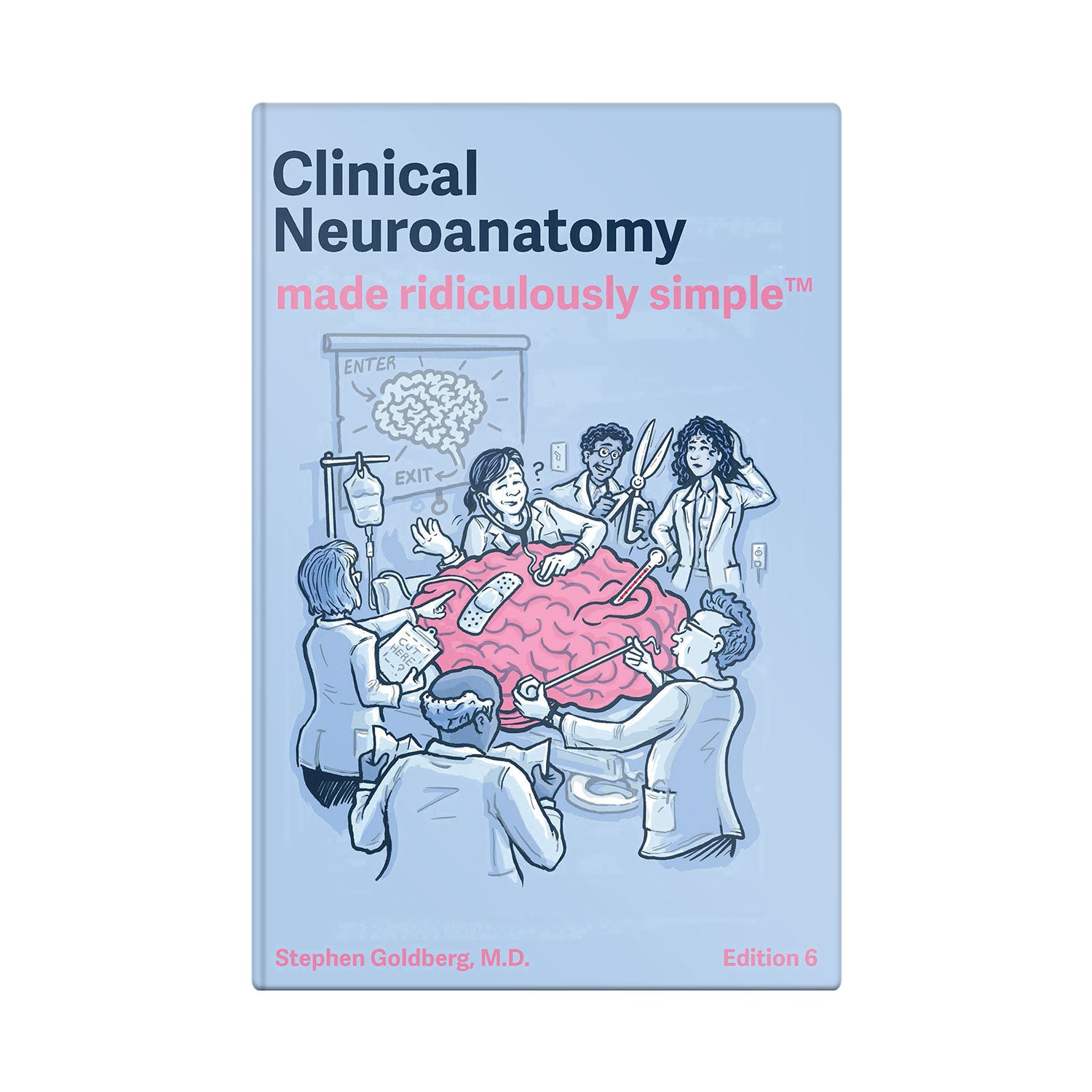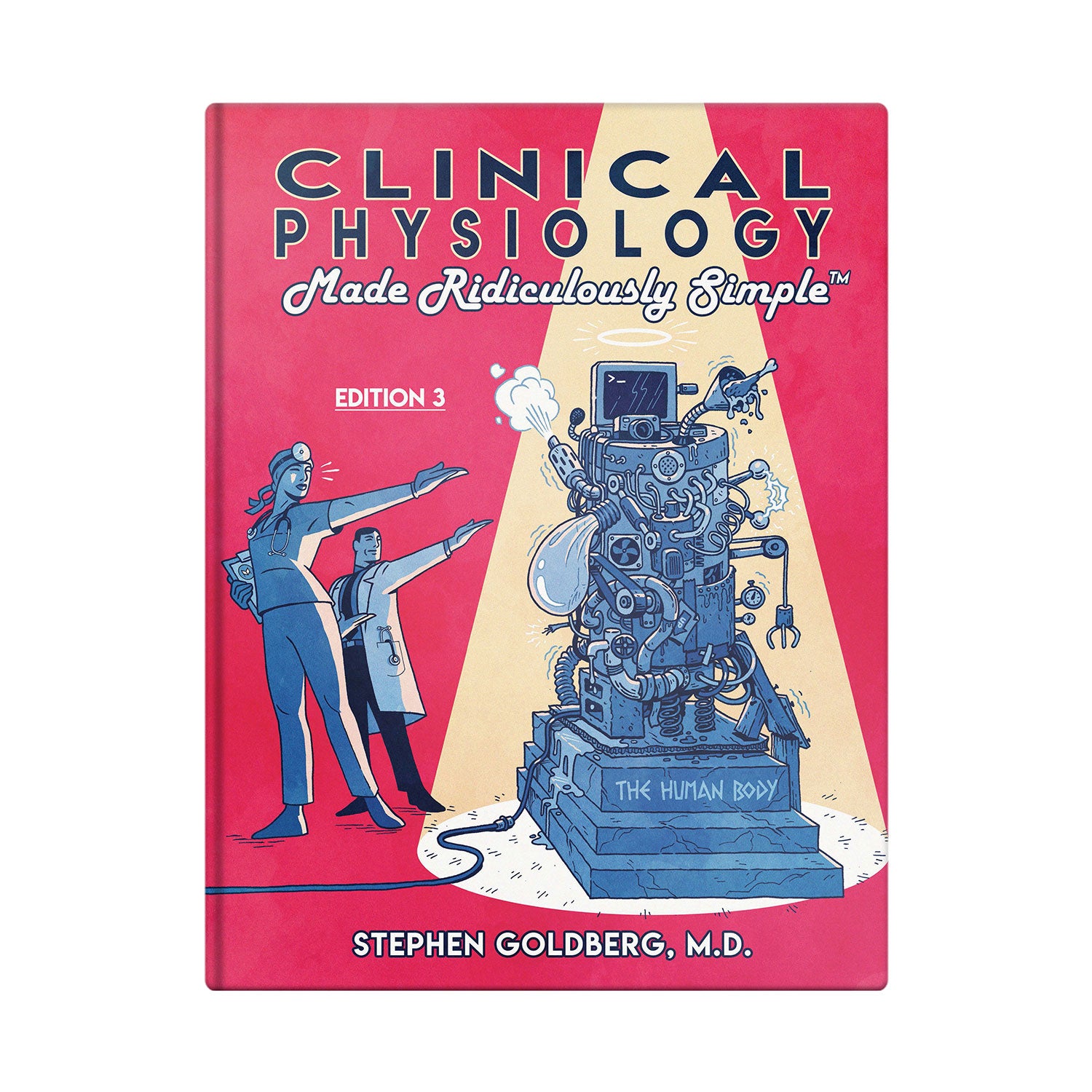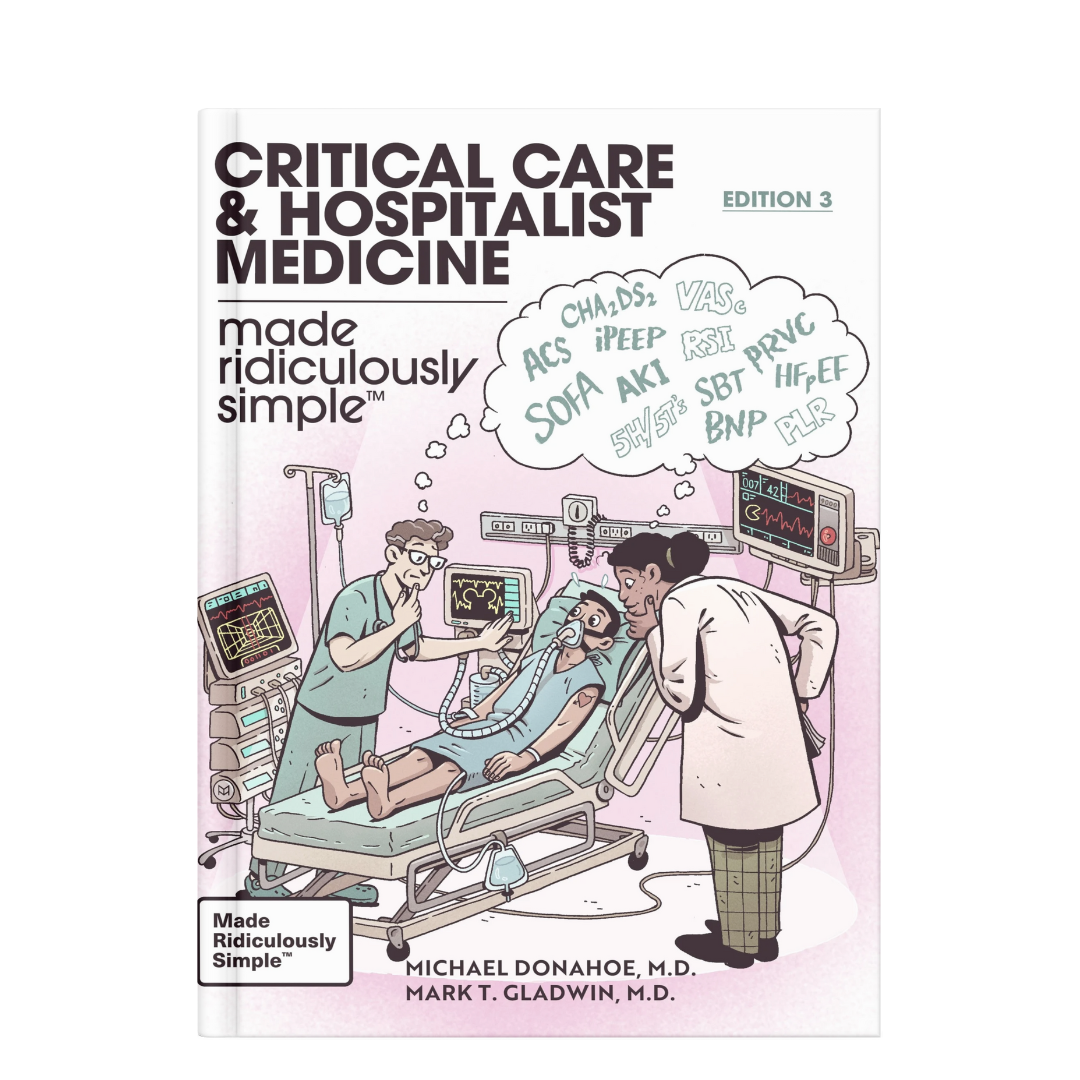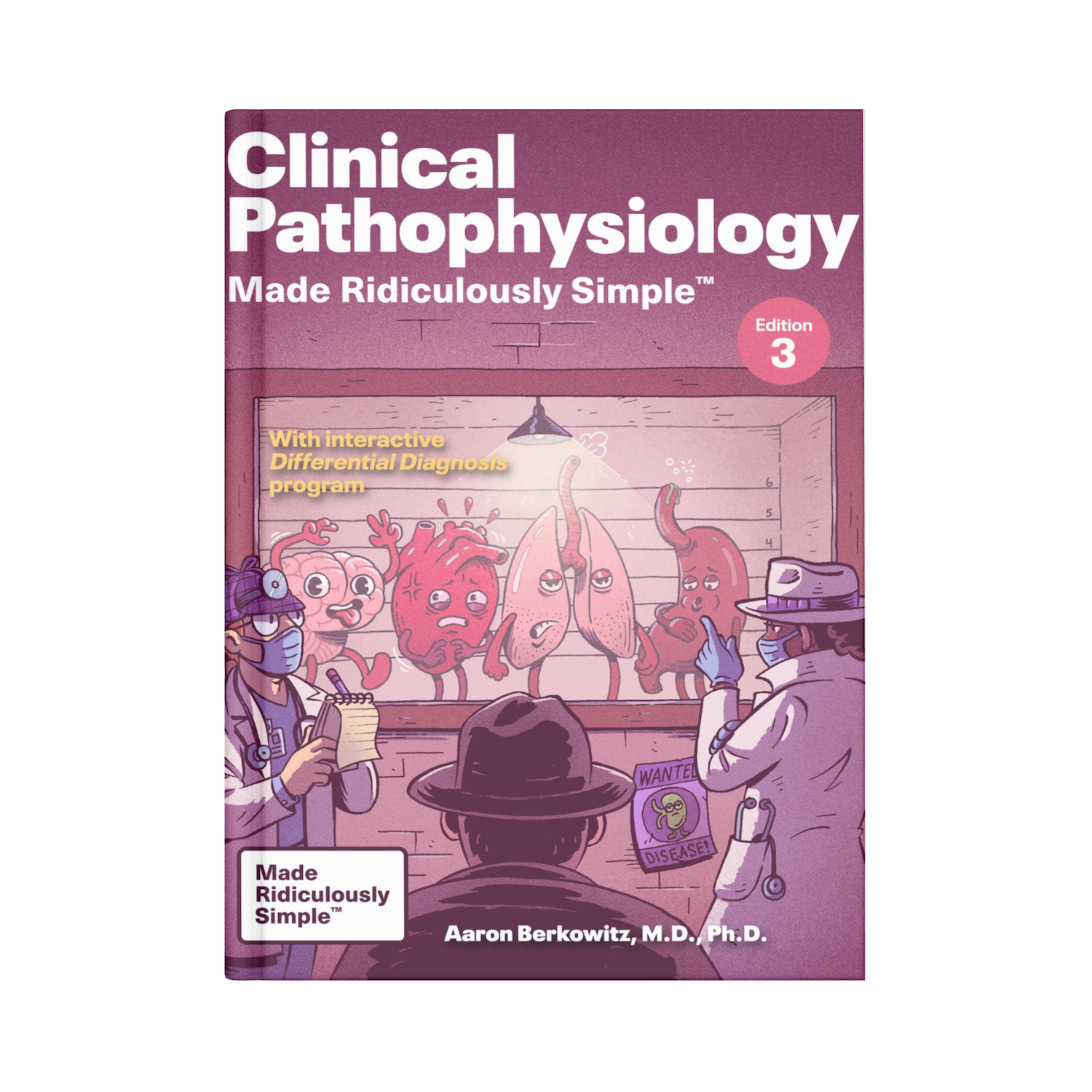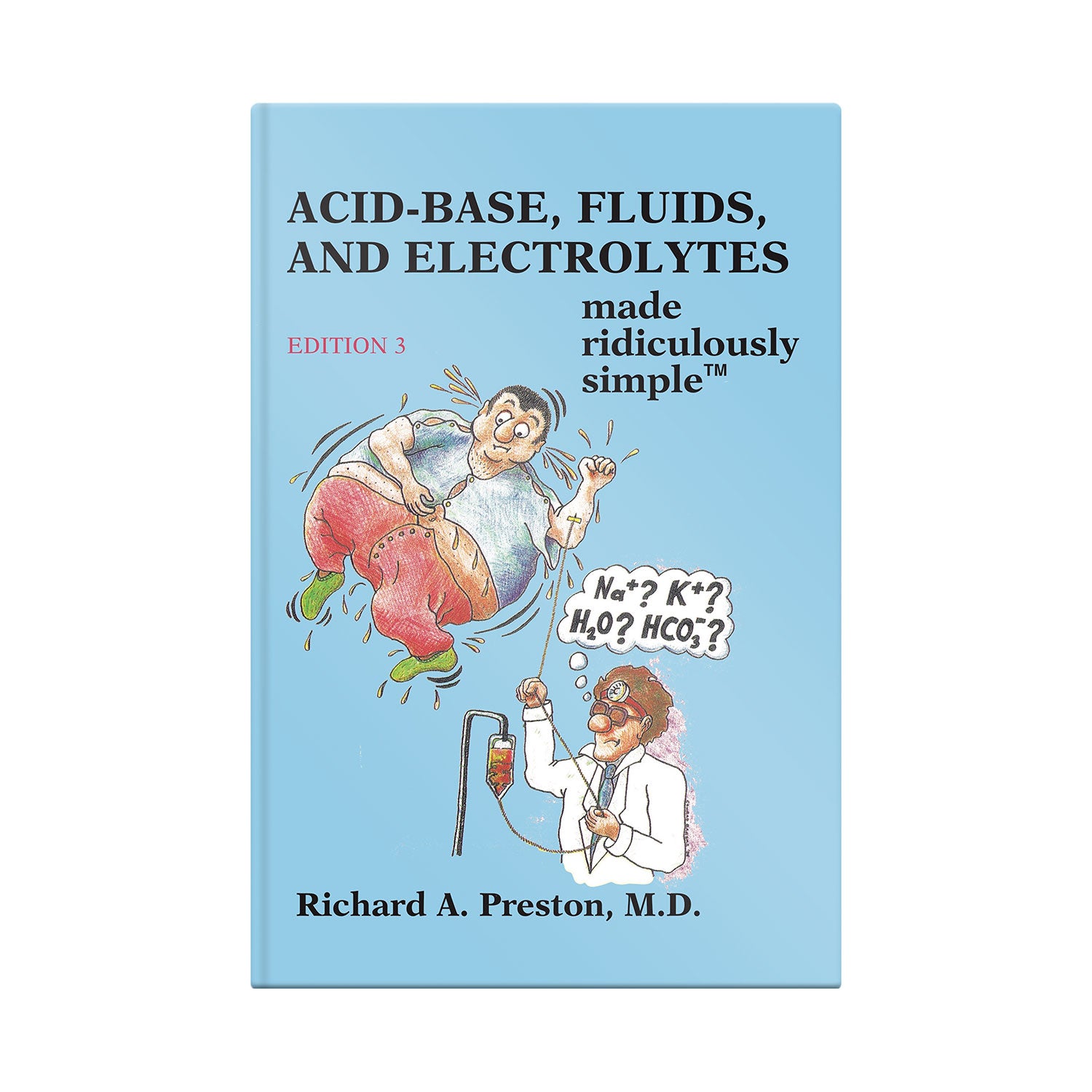
How Reliable Is Your Medical Information?
A lot of information is passed around, and since some of it is wrong, it is important to rely on the best sources available.
When working in the hospital and medical office during the clinical years, it is common to receive pearls of wisdom from interns, residents, and attendings. How reliable is this information? And how reliable is the information we receive from lectures, journal articles, books, and drug reps?
A lot of information is passed around, and since some of it is wrong, it is important to rely on the best sources available. In the 1980’s, some of the best minds in medicine made a disastrous mistake. It was known that significant cardiac arrhythmias were correlated with death. A search was undertaken for drugs that would reduce such deaths. But rather than using reduction of deaths as an end point in the drug studies, it was easier to adopt a “surrogate” endpoint, namely whether the drug reduced arrhythmias. If a drug reduced arrhythmias, it presumably would also reduce deaths. It was not adequately considered that the drugs might have unexpected harmful side effects that would in fact worsen the problem and contribute to death. Antiarrhythmics became widely prescribed, even for non-life threatening arrhythmias, leading to many unnecessary deaths (which initially were felt to be due to the heart disease, rather than the drugs), until studies were properly done to assess whether the drugs actually saved lives. They didn’t; they killed thousands of people.
Perhaps oxygen wasn't such a good idea!
There is so little time to read and evaluate the medical literature, particularly the Materials and Methods sections of research articles, and there is an unfortunate tendency to rely on the word of physicians above us in the hierarchy, or on drug reps, or on research reports (particularly those funded by drug manufacturers) that may have biased and erroneous conclusions. It is necessary to know how to read and evaluate a research article. This requires some knowledge of biostatistics. For further information, see Ann Weaver’s brief and intuitive book, Clinical Biostatistics Made Ridiculously Simple, which focuses on the pitfalls of clinical research reports and how to evaluate them.
It is also important to use reliable medical search engines on the Internet, since the Internet contains lots of unreliable information. Such search engines are described on the MedMaster search engine page.
The Goldberg Files
The Goldberg Files is based on the struggles of Dr. Goldberg as well as those of his many students which he observed while teaching medical school for 25 years. This extensive blog is dedicated to assisting students in dealing with the stresses of medical education. Want to learn more?


